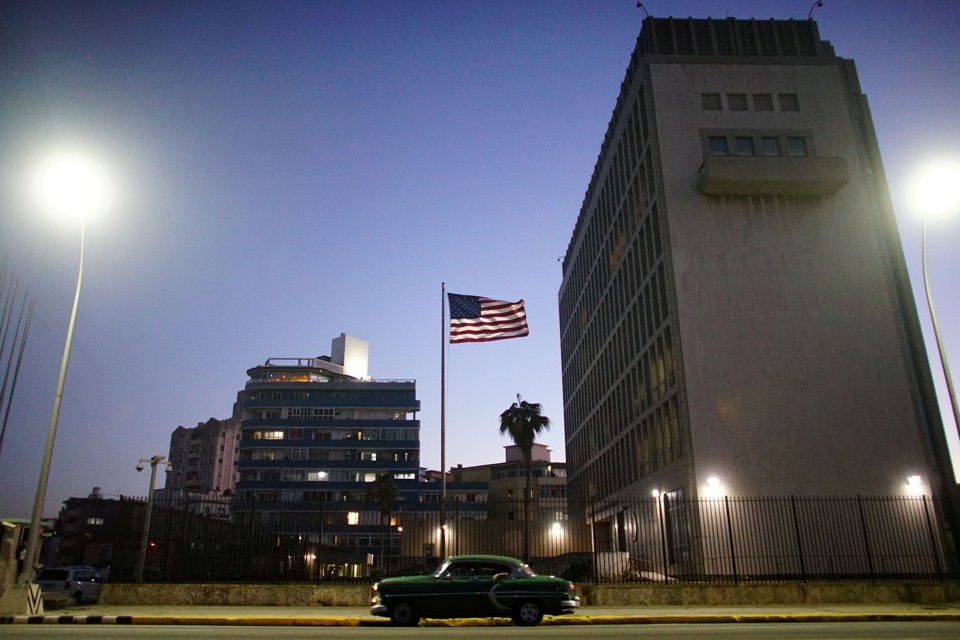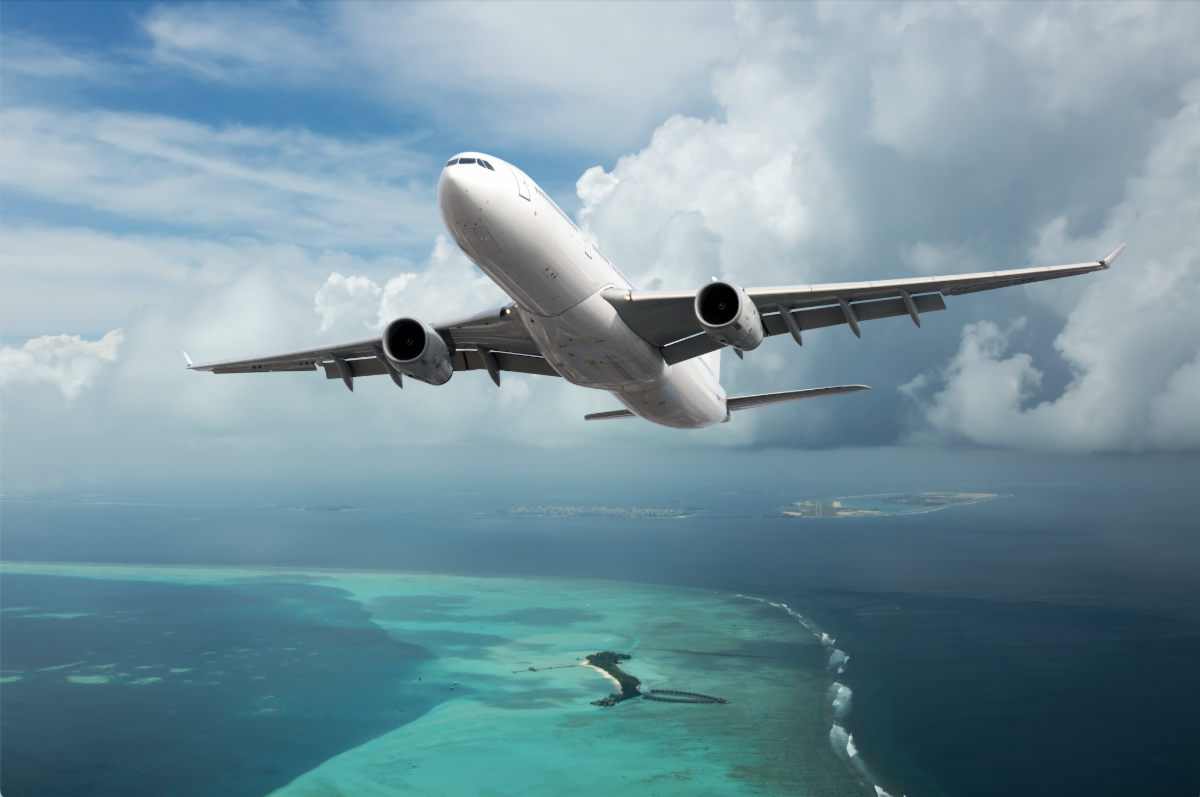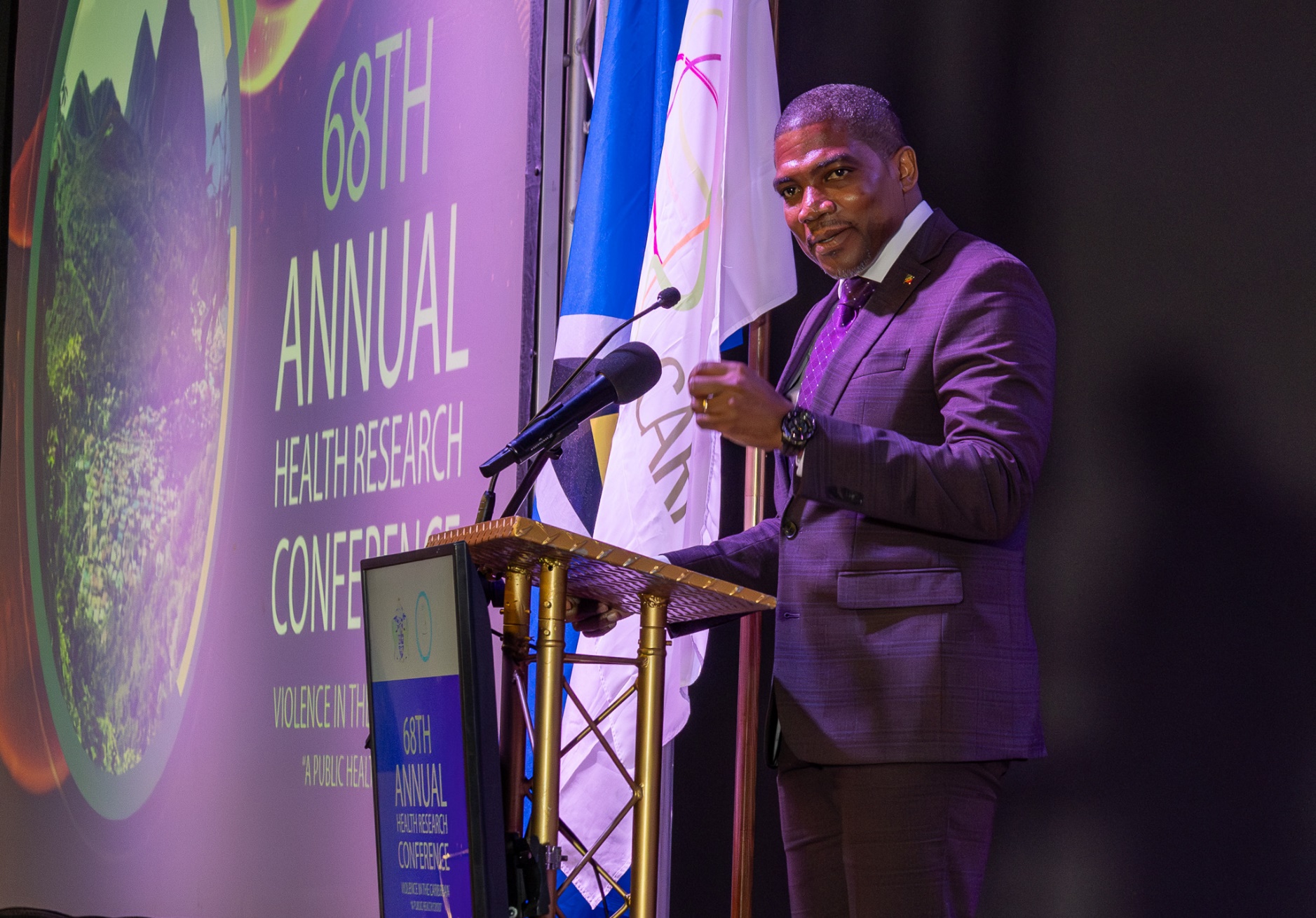The U.S. State Department announced Friday it was withdrawing more than half its embassy staff from Cuba following “specific attacks” that sickened at least 21 U.S. embassy employees. On some level, it was only the latest blow to Obama’s historic rapprochement with Cuba; on another, though, it was a diplomatic break that never happened. Just last week, Rex Tillerson, the U.S. secretary of state, said the U.S. was reviewing closing the entire embassy. As it is, U.S.-Cuba relations remain largely intact.
That the response wasn’t more severe is partly a reflection of the mystery at the core of the attacks: No one yet knows who is responsible. Cuban government officials have denied having anything to do with them, and appeared mystified at the cases. Canadian diplomats also were affected. And Cuba is cooperating in the investigation.
It’s somewhat routine for the State Department to withdraw non-emergency staff from its embassies when there are specific security concerns. In the Cuban context, however, Friday’s announcement represented a blow to a delicate thaw in U.S.-Cuban relations, one that only a year ago witnessed a visit from President Obama. The trip was capped a signature initiative of his foreign policy: the normalization of U.S. relations with Cuba after more five decades. And it’s an initiative that his successor has begun to reverse, with Trump having announced in June limitations on tourism and trade to the island. That move fell short of the Trump’s announcement that he was “cancelling the last administration’s completely one-sided deal with Cuba,” but it did eliminate the so-called “people-to-people” exchanges, which allowed Americans to travel to Cuba without seeking government approval or scheduling the trip through a licensed tour company.
So perhaps the real surprise is that his administration didn’t go further on Friday. U.S. diplomats first complained of unexplained hearing loss in the fall of 2016, but it wasn’t until last month that Tillerson said that U.S. officials had suffered “health attacks,” adding the U.S. held “Cuban authorities responsible for finding out who” was behind them. The State Department had previously called what happened to the officials “incidents,” but on Friday the officials used more severe language to say the embassy staff were “targeted in specific attacks.”
A U.S. State Department official, speaking Friday on condition of anonymity, said at least 21 U.S. government officials in Havana had exhibited a range of physical symptoms, including ear complaints, hearing loss, dizziness, tinnitus, balance problems, visual problems, headache, fatigue, cognitive issues, and difficulty sleeping. The official said investigators had been unable to determine who or what was causing these attacks—though news reports have said the U.S. doesn’t think Cuba is responsible.
A second State Department official said there was “no definitive answer on the source or cause of the attacks.” CNN previously reported that the “device used in the attacks appeared to be a type of sonic weapon that emitted sound waves capable of inflicting physical harm.”
Under the steps announced Friday, the State Department said it was also suspending routine visa operations indefinitely; limiting short-term U.S. government travel to Cuba to those involved in the investigation or who have a need to travel to the country; and issuing a travel warning to Americans not to travel to Cuba. The official also said the U.S. will for the time being stop sending delegations to Cuba for meetings. Friday’s order also covers the families of the non-emergency personnel.
“The decision to reduce our diplomatic presence in Havana was made to ensure the safety of our personnel,” the first official said. “We maintain diplomatic relations with Cuba and our work in Cuba continues to be guided by the national security and foreign policy interest of the United States.”
Speaking in New York this month, Tillerson said he was evaluating whether to close the embassy down altogether. CNN reported U.S. officials were frustrated by Cuba’s lack of progress in the investigation—though FBI officials were in the country working with Cuba’s Interior Ministry to determine how the attacks occurred. Tillerson raised the issue with his Cuban counterpart in Washington, and Cuba urged the U.S. not to take “hasty” decisions over the issue. The second State Department official said Friday the announcement to withdraw more than half of the embassy’s staff came after “careful analysis.”
“What was considered prudent was to considerably reduce the number of people present, thereby reducing the exposure of individuals who could be exposed to these attacks,” the official said. “This was seen as a major step toward addressing some of our vulnerabilities and reducing our exposure.”
Ambassador Barbara Stephenson, the president of the American Foreign Service Association, the union that represent U.S. foreign-service officers, said that “American diplomats need to remain on the field and in the game.
“We’ve got a mission to do. We operate all over the world, in places with serious health risks,” such as parasites, Zika virus, dengue, air pollution,” she said. “This is our reality. We work in difficult environments. The answer can’t be we just pull the flag down and move American presence from the field. We have a mission to do and we really think being present matters.” (TA)




